Good Friday, and the Panthic Pen-Camera-Microphone Meeting at Takht Damdama Sahib
They put him to death by hanging him on a tree.
—Acts 10:39. Good Friday is the day when the world remembers Jesus’ crucifixion, but it is always followed by Easter. So, hope triumphs, or is expected to. To me, Good Friday has always been a reminder of what happened to Jesus’ body.
![They put him to death by hanging him on a tree. —Acts 10:39. Good Friday is the day when the world remembers Jesus’ crucifixion, but it is always followed by Easter. So, hope triumphs, or is expected to. To me, Good Friday has always been a reminder of what happened to Jesus’ body. I have seen my friends losing their parent; even parents in one case. I have seen their bodies lying in state. I have uttered words to the effect […]](https://www.theworldsikhnews.com/wp-content/uploads/2023/04/Sarbat-da-bhala-360x267.jpg)
I have seen my friends losing their parent; even parents in one case. I have seen their bodies lying in state. I have uttered words to the effect that he/she is in a better place. A couple of times I have attended bhogs of agriculture labourers and farmers who had committed suicide, and I have heard the cleric there telling the congregation that the deceased was in a better place now; I have seen him beseeching the God to allot the poor dead fellow some space near His feet – Vichrri Aatma Nu Gur-Charna’n Vich Niwas Bakhshna. I have seen Comrade Bant Singh; I have missed seeing his two arms and two legs, and yet I saw all his limbs in my mind, and I thought – The spirit’s alright, but what about his body?
The body is important, hence Good Friday. Before we trundle towards Easter, we need to pause at Good Friday.
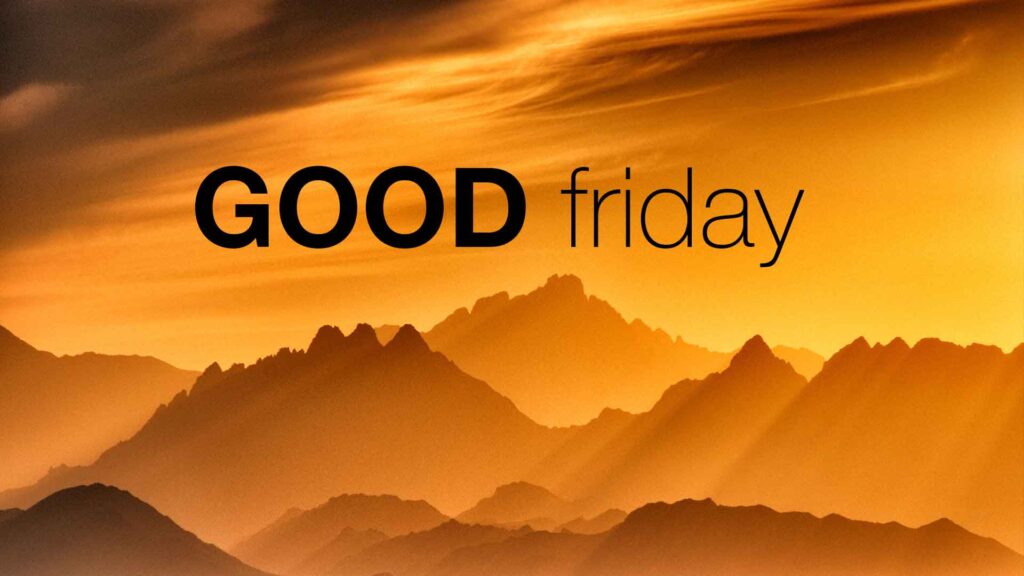
We have the farm suicide data before us. We have the malnutrition data before us. We have the stunted growth data before us. We have kids’ wasting data. We have the data about anaemic infants and babies. We have the data about anaemia among women of reproductive age. We have the data about spousal violence – a gender-neutral euphemism for a clearly sexist crime: men committing violence on women. It is all about their bodies.
I have observed hordes of MNREGA workers huddled under a tent or a shed where they are called now and then by some activist friends to make them aware of their rights and to organise them to demand what rightfully, legally, statutorily and constitutionally belongs to them: the right to work. And while speaker after speaker exhorts them from behind a microphone to stand up for their rights, I observe their bodies.
It is possible that the spirit was high – I hear a lot about ‘Chardi Kala’ in Punjab – the fact is that their bodies embody the state of the nation. The sunken cheeks, the even more sunken eyes, the bones threatening to tear through the last layers of flesh, their feet an evidence of the paths these had trudged, their hands and fingers and nails telling a tale of centuries that passed them by, generation after generation – they were hardly people. They were bodies. Forever living on the cross. And no one promising an Easter.

With all this stress on body and spirit, on shareer and aatma, on becoming ‘vileen in parmatma’, I find it difficult to forget that the body is important. It was the body that laughed and cried. The bodies were part of the human beings who decided to commit suicide. I have seen those bodies. I have seen other bodies, bodies to which the spirit was still clinging despite sunken eyes and lost hopes, and I acutely felt that some of these might well hang by some fan someday, for such were their circumstances.
I know that on Good Friday, I am expected to think only of the spirit in heaven. Some kind of an afterlife as a disembodied spirit. Surely, such an afterlife won’t have religious faultlines. So, there could be any version of this world with naked baby angels strumming harp strings. The spirits of people with sunken eyes; bones protruding through their flesh; feet, hands and fingers turned stone over years, decades and centuries, and necks a little too stretched due to hanging from ceiling fans, and they would now be happy, hopping from one white cloud to another fluffy little white cloud.
Will this be our common disembodied future of the spirit in heaven?
Is that why we are not bothered enough about their bodies here in this material world? Is that why we aren’t shrieking about calling a Sarbat Khalsa on this issue – that our people are losing their bodies just as that man did at Golgotha in the holy land some two thousand and plus years ago?
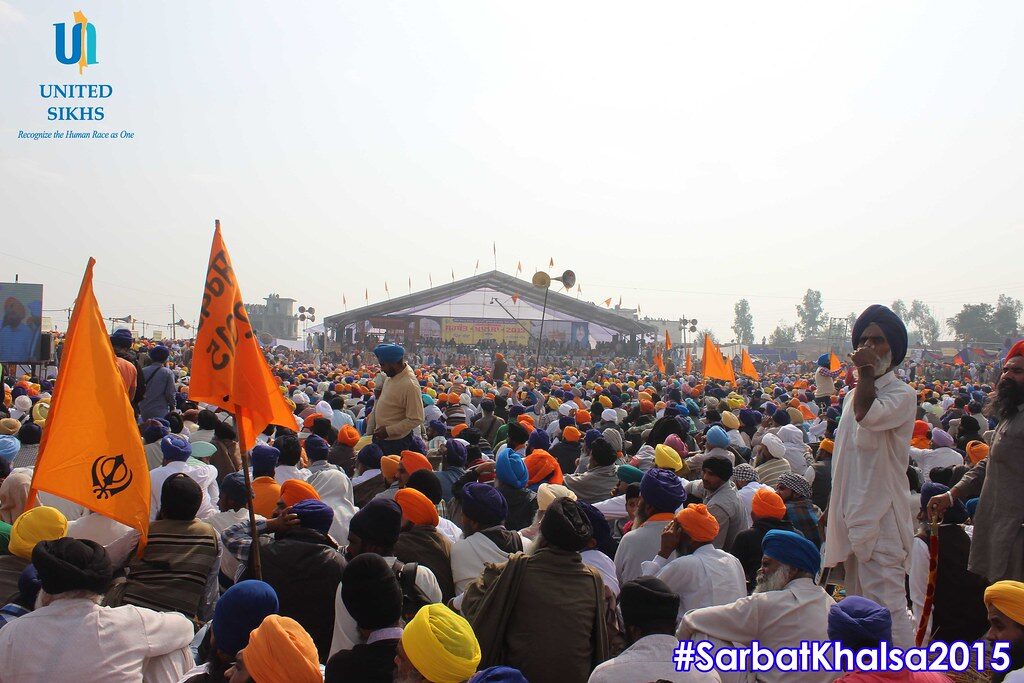
Is it the assurance that our afterlife will be common and free of pain, death, sorrow and news of farm suicides which has emboldened us not to call for a Sarbat Khalsa on this issue? Christians believe that our bodies will be resurrected, transfigured, perfected in this new world, but the fact is that, even after factoring in that theology, they will still be our bodies.
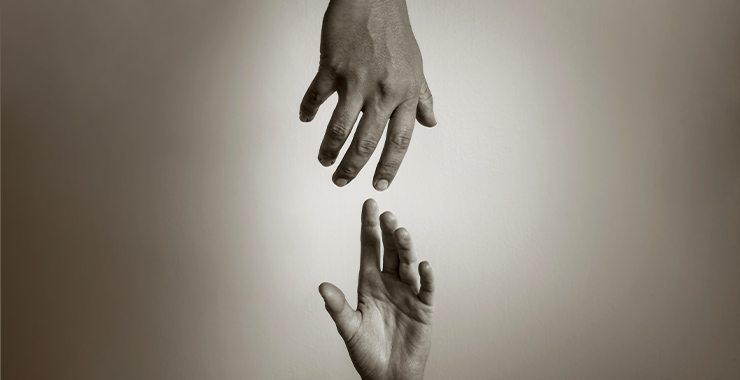
Bodies are important.
And we have been guilty of persistent disregard to our fellow compatriots’ bodies – from the slave auction block to the lynching trees in southern America, right to the knee upon the neck of George Floyd and the state’s apathy to my farmers and farm workers and industrial workers and tribals and dalits and marginalised people across the length and breadth of this country, shamelessly calling itself mahaan, its claims of greatness regularly punctuated by news of what its regime or the regime-backed goons are doing to the bodies of people belonging to a particular religion or lowered castes or tribals.
The body is important.
That’s why we observe Good Friday. It is about what happened to his body. That is why for a couple of thousand years, we have been recalling every year, and are supposed to remember every moment of our breathing time, that his body was mutilated and put on display. To me, Good Friday is a reminder of how large sections of my people have been so disinherited and disempowered that the state brutally and blatantly exercises its power over their bodies.
Their bodies are the dominion of the state. The state rules over their bodies.
Amid demands for a larger community gathering has come an initiative of gathering together the community’s media faces – women and men with pens, microphones, cameras, facebook and twitter accounts, and youtube channels. The panth is in danger. Panthic qalam (قَلَم) must talk of panthic kalaam (کلام).
I know that the state has picked up some bodies in recent days, and a community is enraged over what the regime has done and is doing. This community has had a recent past, memories of which haunt vast sections, and the resultant concern has forced some activity. Amid demands for a larger community gathering has come an initiative of gathering together the community’s media faces – women and men with pens, microphones, cameras, facebook and twitter accounts, and youtube channels. The panth is in danger. Panthic qalam (قَلَم) must talk of panthic kalaam (کلام).
This gathering is happening on Good Friday, a confluence either intended deliberately or a mere serendipitous coincidence. But it brings me back to the argument about what has been happening for decades to thousands and thousands of bodies in this land of the Gurus, without us being moved enough to shriek for convening a Sarbat Khalsa.
I remember sitting shuddering in my seat in Malhar Theatre in Ludhiana as I watched Ben-Hur. It was mid-eighties, I wasn’t even twenty, and hadn’t been warned about what the experience could entail. Friends had talked a lot about a chariot race scene and I was there to watch that race. But then, I was sucked in. I learnt something that perhaps was not even the point of the movie. It is funny I am recalling it on Good Friday.
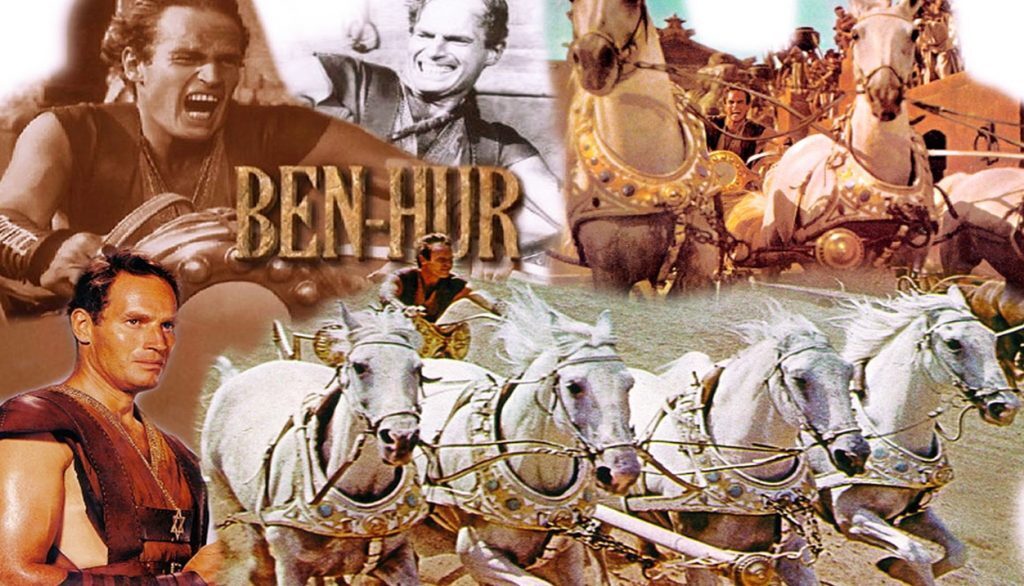
It was while watching Ben-Hur that I realised what I should have known all along: that the story of that Friday did not end with Jesus’ death. Hours passed. The body rose again. God had raised that body. It was the same body. The same body that was there on the cross. How do you think his disciples recognized him? Because he looked the same. His body had been transformed and healed, but it was the same body. It still had the wounds from his crucifixion.
The body is so, so important.
We need to pay attention to bodies, bodies to which the spirit is still clinging. They are people. We must be inspired by other bodies, dismembered bodies, the bodies hanging from ceiling fans, or consuming a fumigant cum oral pesticide, aluminium phosphide, now known to my people by its household nickname celphos, the killer of thousands of bodies.
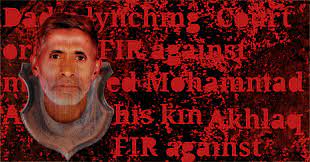

In any post-death world, all these bodies will be resurrected, but there will still be diversity. George Floyd’s body will be black. Mohammed Akhlaq’s body will have the marks of lynching. The 11 Muslims and three Hindu employees of the Best Bakery will have the burn marks. The farm suicide victims’ resurrected bodies will find a way to shame us, perhaps with somewhat elongated necks. The vast sections of our populace demeaned in their spirit and bodies because we never worked for annihilation of caste will find ways to remind us that we failed to call a hundred Sarbat Khalsas even when we were bestowed with a Panth with an express objective to ensure Sarbat Da Bhala and equality and fraternity. You can tell those people of ‘kirt karo’ that we failed on ‘wand chhako’ but our ‘naam japo’ unity propelled us to expressly call emergency panthic meetings when the regime threatened some of our well-fed bodies.
It is happenstance that panthic women and men hacks and megaphones are meeting on Good Friday, though without, I am sure, noticing the confluence of the dates and days. They must expand their sphere of concern. It cannot remain limited to asking the regime to lay off its hands upon the bodies of those of us who are empowered and speak out but are being bamboozled into silence. It is a worthy concern, but is nevertheless not wide enough, not big enough, to be worthy of a panthic convention.
The panth must talk big, and of much larger things. The panth is bound by Sarbat Da Bhala. Any shrewd pragmatic formulation of first ‘apna bhala’, because we must first survive, and only then ‘Sarbat Da Bhala,’ will be a clever semiotic formulation worthy of that court in Venice where Shylock is sharpening his knife and a frightened Antonio’s body waits to lose a pound of flesh.
My people are losing pounds of flesh for centuries, for decades, for years, now every day. It has stopped making news. Lakhs of bodies converged a few hours ago at Delhi’s Ramlila Grounds, asking the powers that be to stop cutting out pounds of flesh. It made lesser news than the panthic convention of pens-cameras-microphones.
The panth needs to stand up with all its might for the still conjoined bodies and spirits of all those upon whom the powerful are stomping in this casteist, racist, sexist, misogynist, fundamentalist, ultranationalist, resource-skewed world.
The panth needs to stand up with all its might for the still conjoined bodies and spirits of all those upon whom the powerful are stomping in this casteist, racist, sexist, misogynist, fundamentalist, ultranationalist, resource-skewed world.
This Good Friday, we must ask God about his resurrection scheme: “What do you plan to do about the disinherited and ripped-apart bodies of the world?” Either give us a bodily resurrection or step aside. The promise of a paradise with white clouds or an aatma headed to be vileen in parm-aatma is no more making sense to me in my bodily existence.
We need a God that is of use to us, a panth that cares for the bodies of the kirtis and the rights of all those who speak truth to power. A temporal seat of the panth cannot and must not reduce itself to performing the functions of a press council, howsoever righteous and worthy that objective is.
Have a blessed Good Friday. Easter shall indeed come. And we will stand for the bodies of those who are crying for resurrection. Our remit will never be short of Sarbat Da Bhala.
